Supporting LGBTQ Youth Means Learning to Listen
“Sexual assault, and intimate partner violence, affects all types of people, from all walks of life, and members of the LGBTQ community experience disproportionate rates of victimization. Unfortunately, the stories and voices of LGBTQ people are not included in the larger narrative around these types of behaviors…. As a result, the experiences of LGBTQ people are frequently left unseen, unacknowledged, and at times even dismissed.”
- Gia Drew, Equality Maine
During PRIDE month, we have an opportunity to explore new ways to support LGBTQ youth who experience assault at an exponentially higher rate than heterosexual teens. One example from the Gay, Lesbian, and Straight Education Network’s 2013 report Out Online, indicates that LGBTQ teens experience cyberbullying at three times the rate of heterosexuals- girls more often than boys.
Unfortunately, the added challenge for teens who identify as queer is lack of family support. In a survey of more than ten thousand teens, those who identified as LGBTQ plus listed tolerance and their family situation as the things they would most like to change in their lives.
My friend Gia Drew, who is a transgender woman, an assault survivor, and the executive director at Equality Maine, allowed me to interview her for my second book. She talked to me about her experiences as a survivor and advocate:
“As a sexual assault survivor myself, I waited years to let anyone know what happened to me as a teenager. The shame and fear I felt around my sexuality and gender identity as a youth and young adult kept me from coming forward and sharing my story. It is only now that I'm safely in my fifties that I feel empowered to speak out.
Sexual assault does not discriminate. Sexual assault, and intimate partner violence, affects all types of people, from all walks of life, and members of the LGBTQ community experience disproportionate rates of victimization. Unfortunately, the stories and voices of LGBTQ people are not included in the larger narrative around these types of behaviors, and the services and support available for survivors are all too often designed by and for heterosexual and cisgender people. As a result, the experiences of LGBTQ people are frequently left unseen, unacknowledged, and at times even dismissed. LGBTQ sexual assault survivors need acknowledgement and support to heal, and educators and advocates need the tools to help prevent assault from happening.
On the whole, LGBTQ people face high rates of poverty, discrimination, and marginalization, which in turn puts LGBTQ individuals at higher risk for sexual assault. LGBTQ people also face increased rates of bias-based violence, which often takes the form of sexual assault. This is especially true for trans and bisexual women. Additionally, because society hyper-sexualizes LGBTQ people and the portrayals of LGBTQ relationships are often stereotypical, law enforcement, healthcare workers, educators, and advocates can misinterpret behavior as consensual or (sadly) a characteristic of being LGBTQ. We also know that perpetrators will use power and control against LGBTQ people in unique and insidious ways.
Unfortunately, members of the LGBTQ community rarely have the space to talk safely and openly about relationships, including sexual relationships. This provides a quieting effect, and negatively affects us all. We also know that LGBTQ people are less likely to come forward for help or report violence. We all benefit when the tools used in response, prevention, and education include LGBTQ people, their stories, and relationships.”
Here are a few Self-Reflective questions to help LGBTQ youth understand the level of support in their own life, as well as who they would talk to if they ever felt afraid:
Do I have confidence that I can talk to my friends or my family if I feel I’m at risk in my relationship?
Do I feel comfortable talking about my experience as a queer or gender-other teen with my cis friends?
Do I have safe and trusted adults in my life that I can talk to if I ever experience discrimination?
Do I believe that my queer friends and I know how to keep ourselves safe when out for an evening?
Do I know the signs to look for if a relationship I’m in becomes toxic?
Being an ally to LGBTQ teens requires acceptance, kindness, and continued efforts to understand the lived experience of being queer in America, which will translate differently for every young person.
For more information on how parents can support their LGBTQ children with these questions and more, check out our Wise Steps Parenting Workshop.

